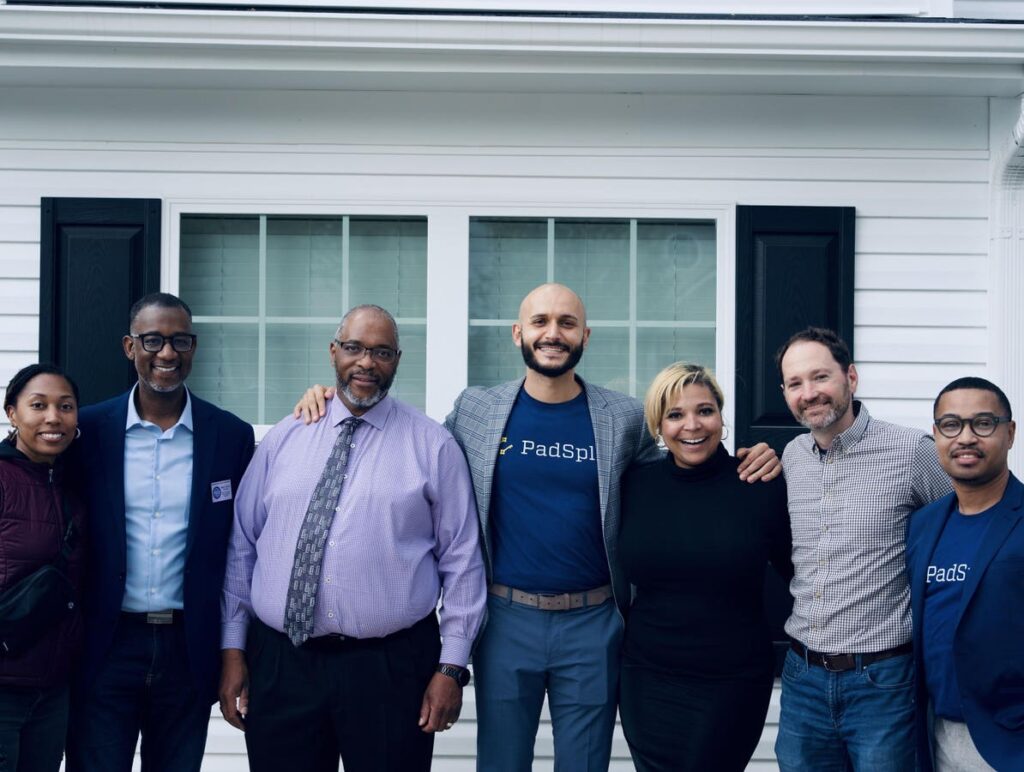Back in 2017, Atticus LeBlanc was looking for a way to solve the affordable housing crisis. With that in mind, he founded a company in Atlanta called PadSplit aimed at providing lodging for low-income renters and a way to connect them to investors interested in refurbishing single-family houses and apartments and turning them into shared homes.
The company just announced that it’s about to cross a milestone—20,000 units of affordable housing in seven, soon to be eight, states.
We talked to LeBlanc about his platform and the benefits of not relying on federal funding.
Tell us about what you do.
We are a two-sided marketplace giving people access to private rooms in shared homes for the 50% of Americans who cannot afford their rent. We do that with fully furnished homes, also providing access to telemedicine and reporting on-time payments to credit bureaus to help improve renters’ credit scores. On the other side of the platform are the hosts, who typically are mom and pop investors or independent homeowners.
How long has it taken to get to 20,000 units?
It took us six years to get to 10,000 units and the next 10,000 took only 16 months.
With any startup, especially in this marketplace, there’s a flywheel that picks up over time. More people hear about you. More people see the platform. More hosts want to participate. And general brand awareness builds overall. When we started, Atlanta was 73% of all our units. Now it’s 37%. We have some apartments on the platform, some converted commercial facilities, accessory dwelling units. Most are converted single-family homes.
But the big thing is not just the number of units, but also an expanded impact. We have saved taxpayers over $5 billion because we haven’t used any public dollars.
How have you been impacted by cuts in federal spending?
Given the lack of federal funding that is not flowing into a lot of programs, it’s even more important for us to be a vehicle that doesn’t require public dollars and can continue to expand in this environment. I think we’re positioned well. Cities and states are going to have to try to find solutions to this existential problem confronting every American community. But because we don’t depend on federal funding, we are still an available solution for local governments trying to address homelessness in a meaningful way.
Can you tell us more about your residents?
The residents we serve are essential workers like teachers, grocery store workers, security guards. Eight percent of those folks report coming into our units from unsheltered homelessness, usually in spite of having full-time employment. The median income is just $27,500. But they report saving $366 a month in one of our units compared to the cost of an extended stay hotel or traditional apartment.
And how about the hosts? Who pays for the renovations?
Hosts finance renovations themselves. But we built an ecosystem of vendors and service providers for them—some lending institutions and banks, contractors, real estate agents, property managers, cleaning companies, insurance companies. They’re all necessary to make the whole system work.
Read the full article here

